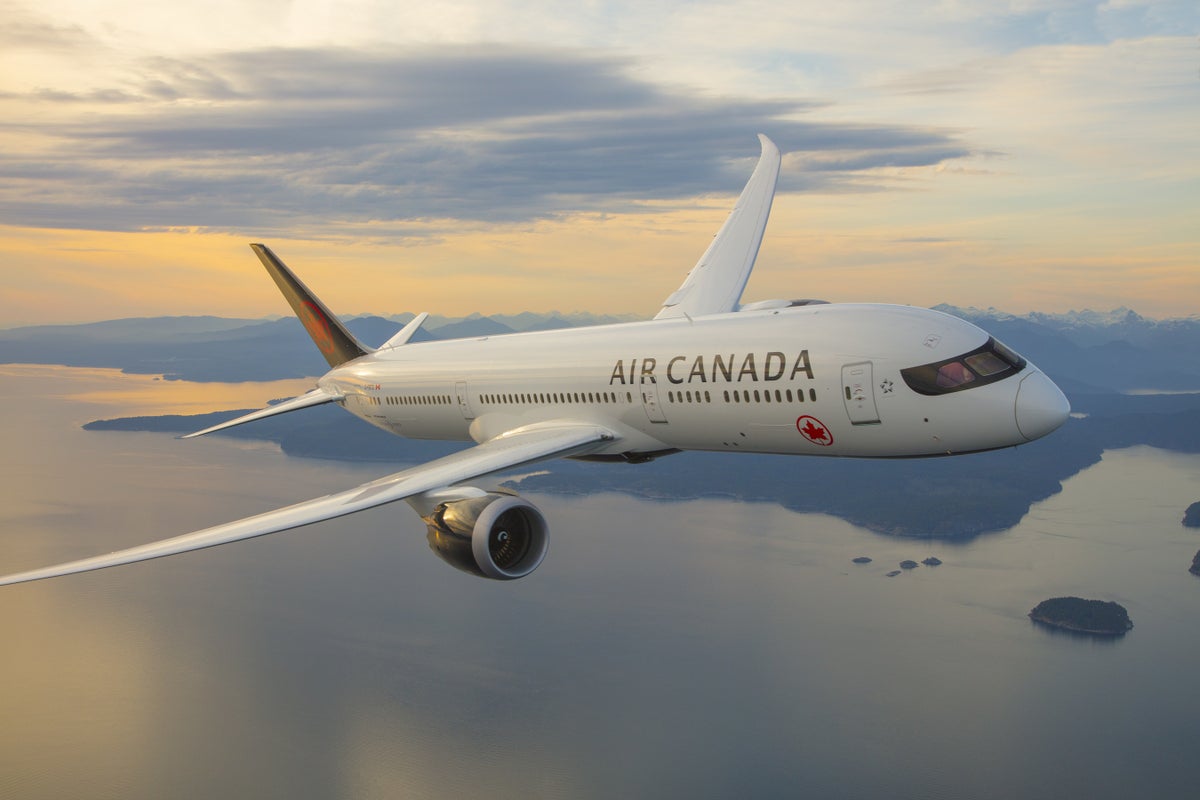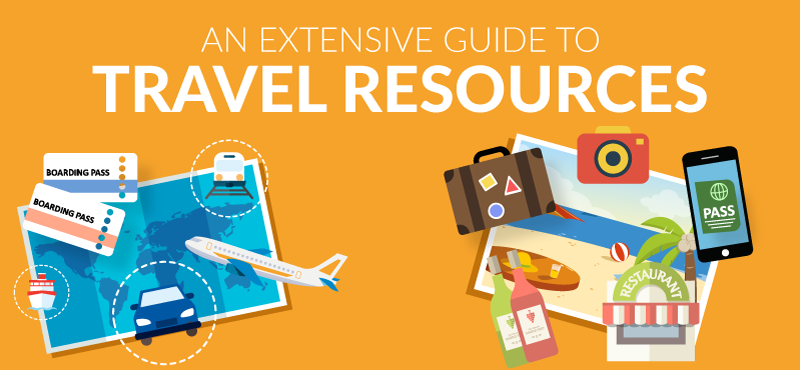Christy Rodriguez
Christy Rodriguez
Former Travel and Finance Content Contributor
85 Published Articles
Countries Visited: 36U.S. States Visited: 31
After having “non-rev” privileges with Southwest Airlines, Christy dove into the world of points and miles so she could continue traveling for free. Her other passion is personal finance, and is a cer...
Edited by: Keri Stooksbury
Keri Stooksbury
Editor-in-Chief
117 Published Articles 3848 Edited Articles
Countries Visited: 54U.S. States Visited: 28
Editing with Upgraded Points for over 6 years, as editor-in-chief, Keri manages the editorial calendar and oversees the efforts of the editing team and over 15 content contributors, reviewing thousand...






![The 10 Best Travel Adapters and Converters You Can Buy [2025]](https://upgradedpoints.com/wp-content/uploads/2023/01/BESTEK-Universal-Travel-Adapter-bestekcorp-1.jpg?auto=webp&disable=upscale&width=1200)